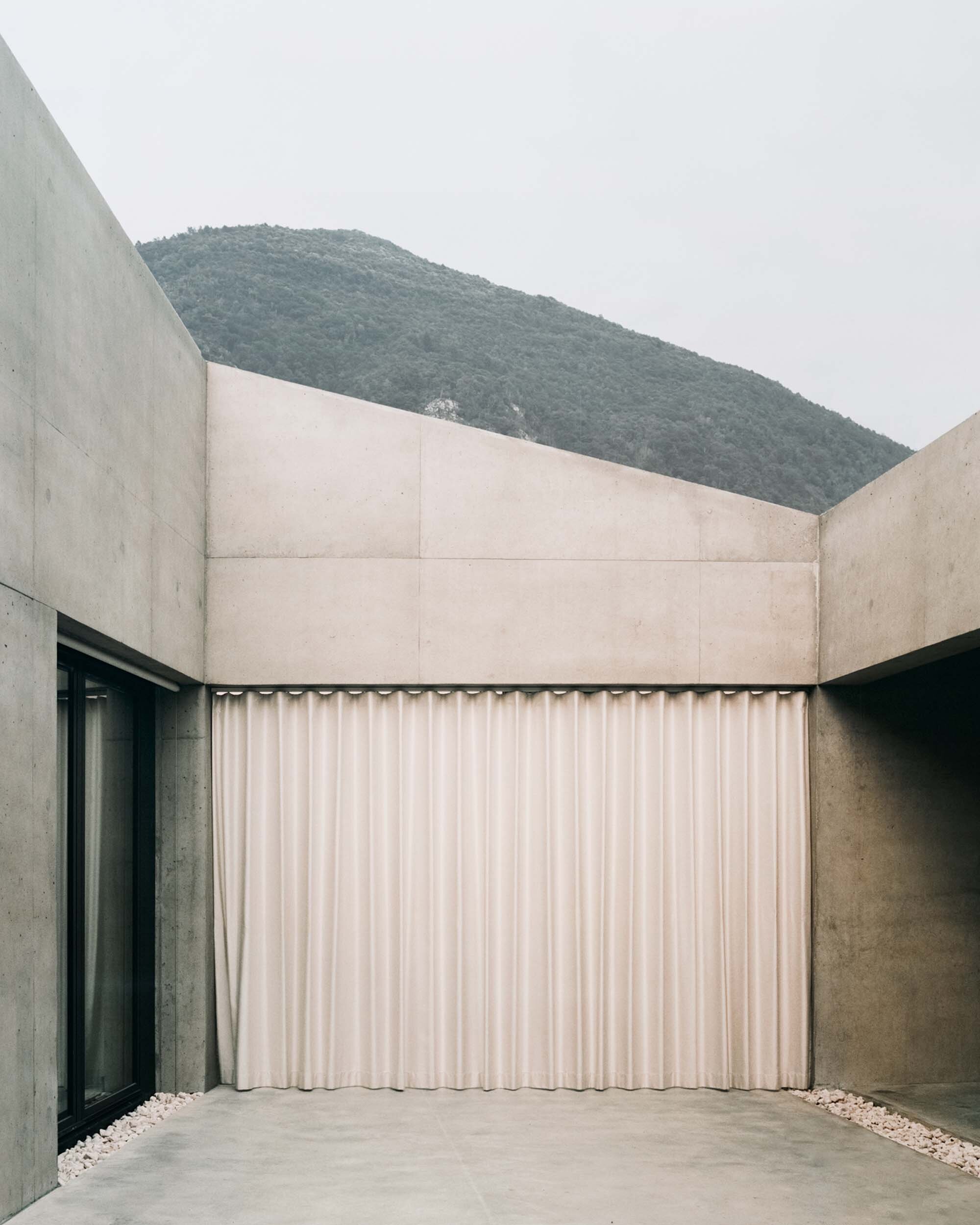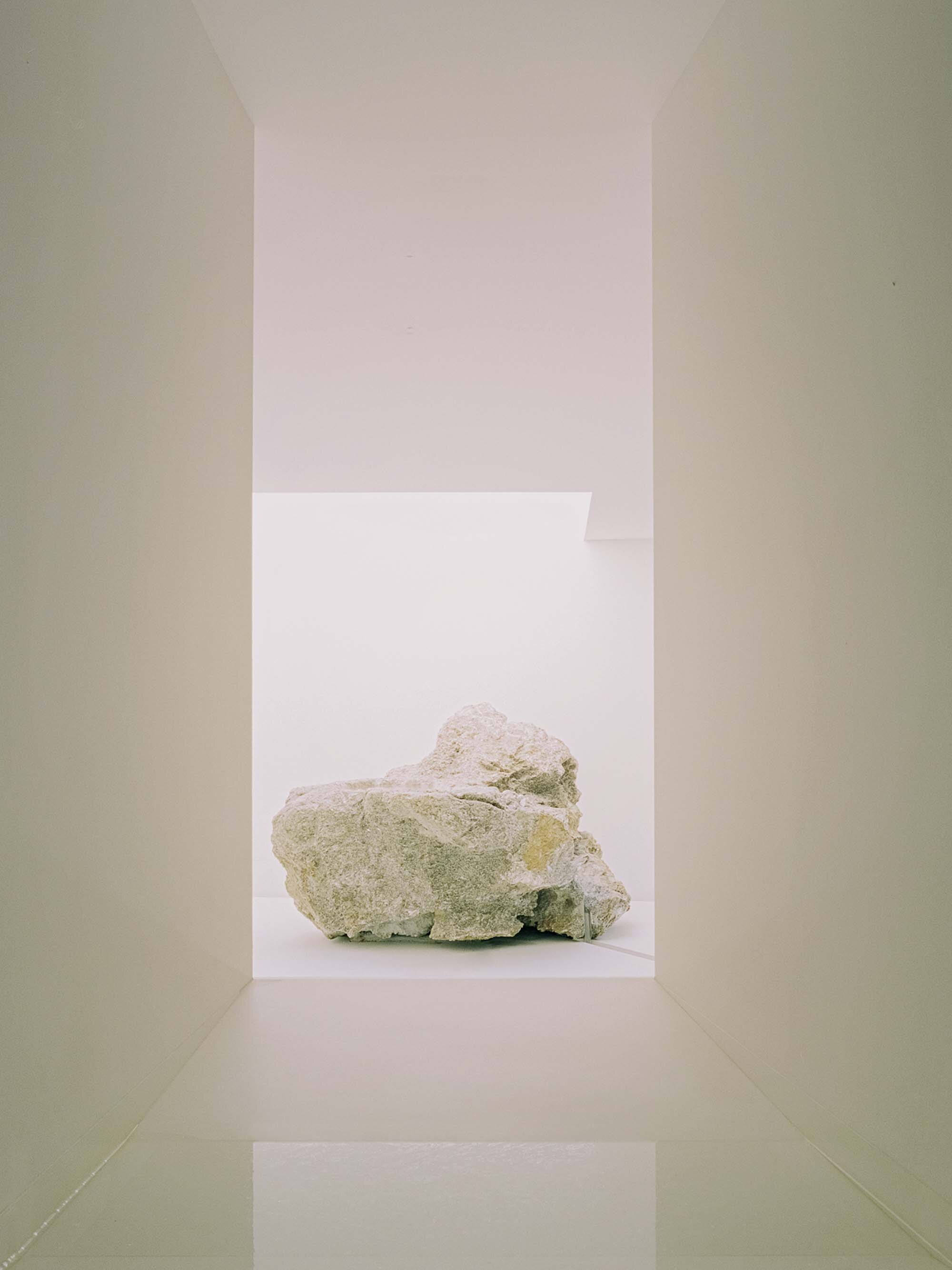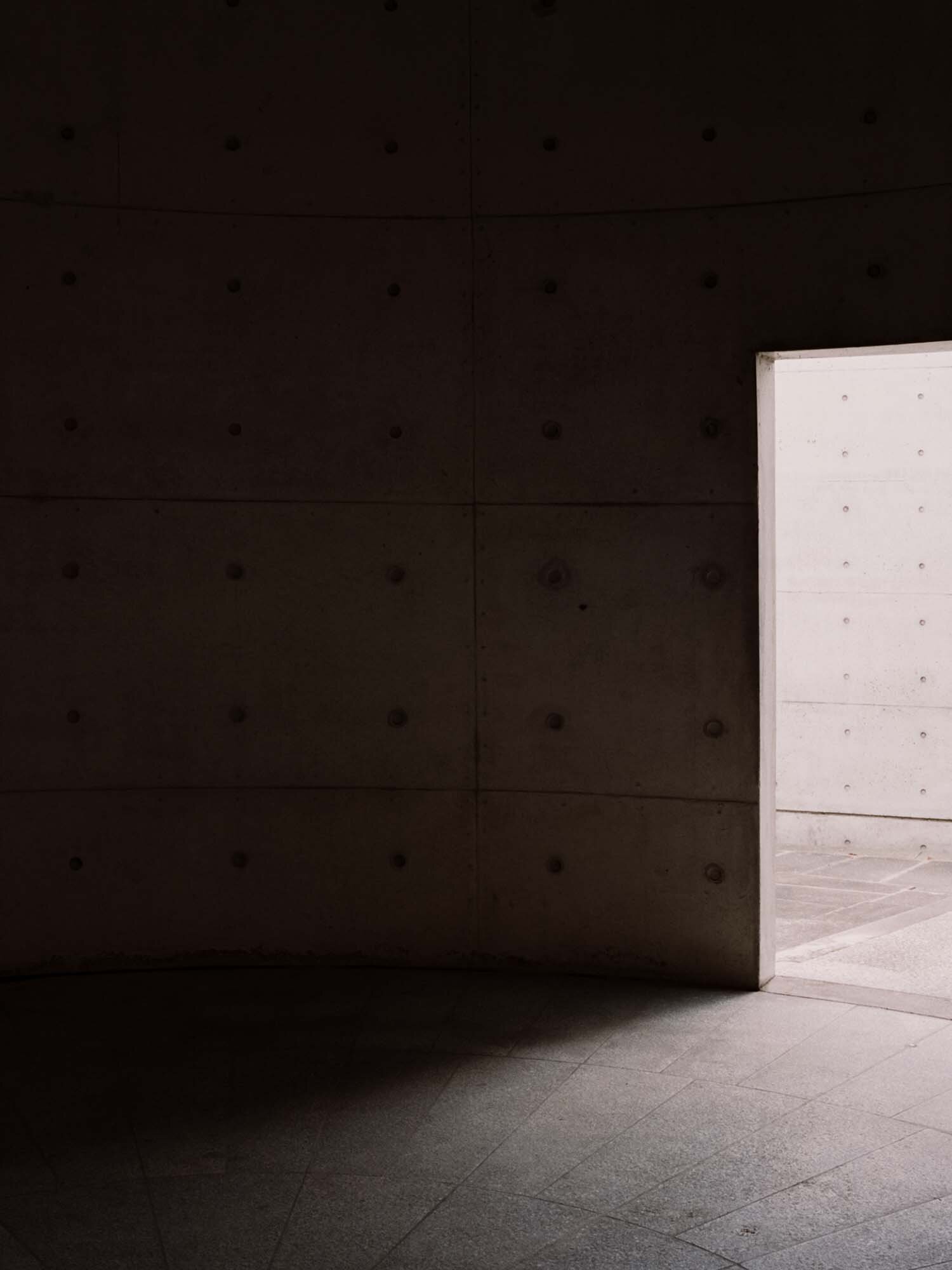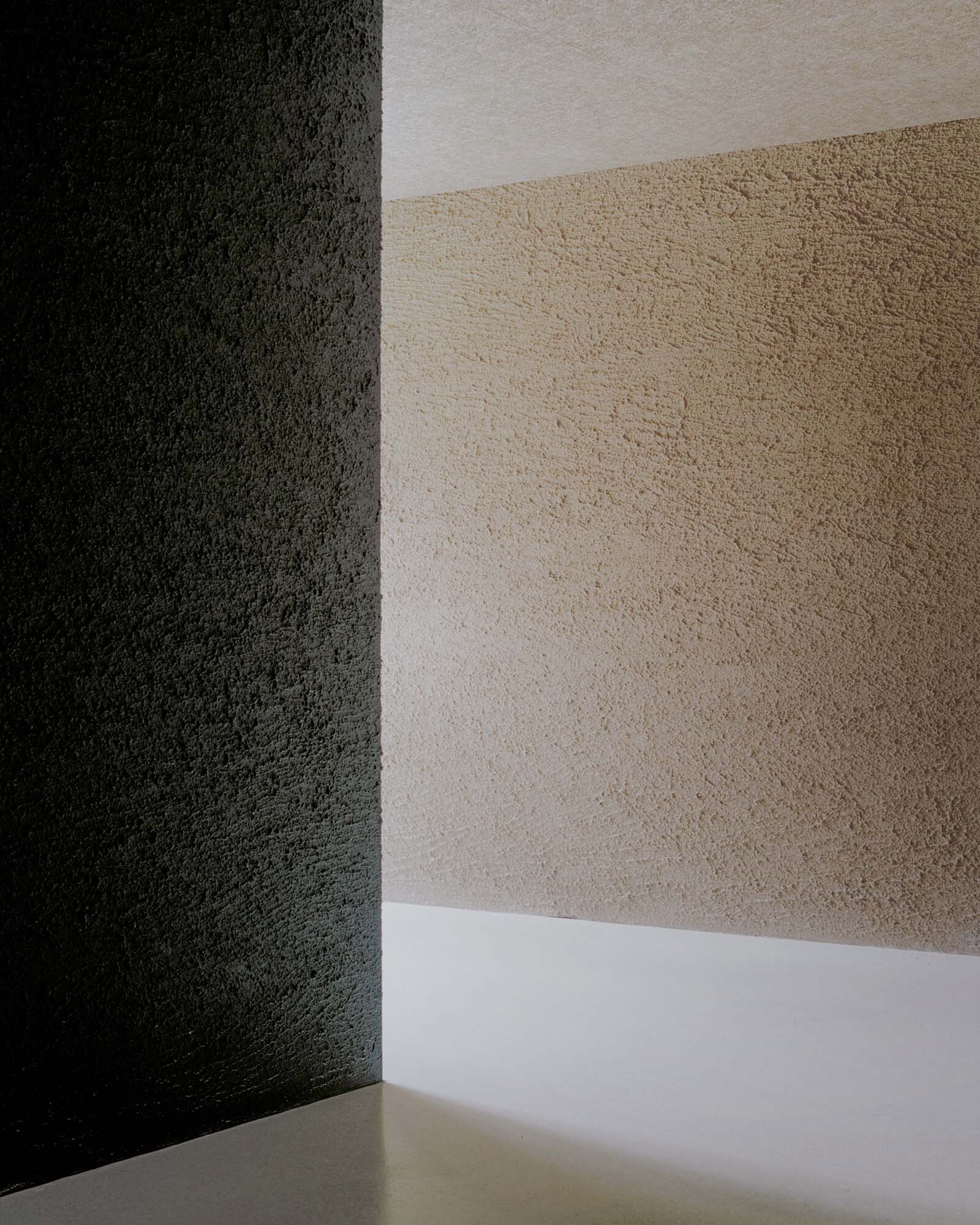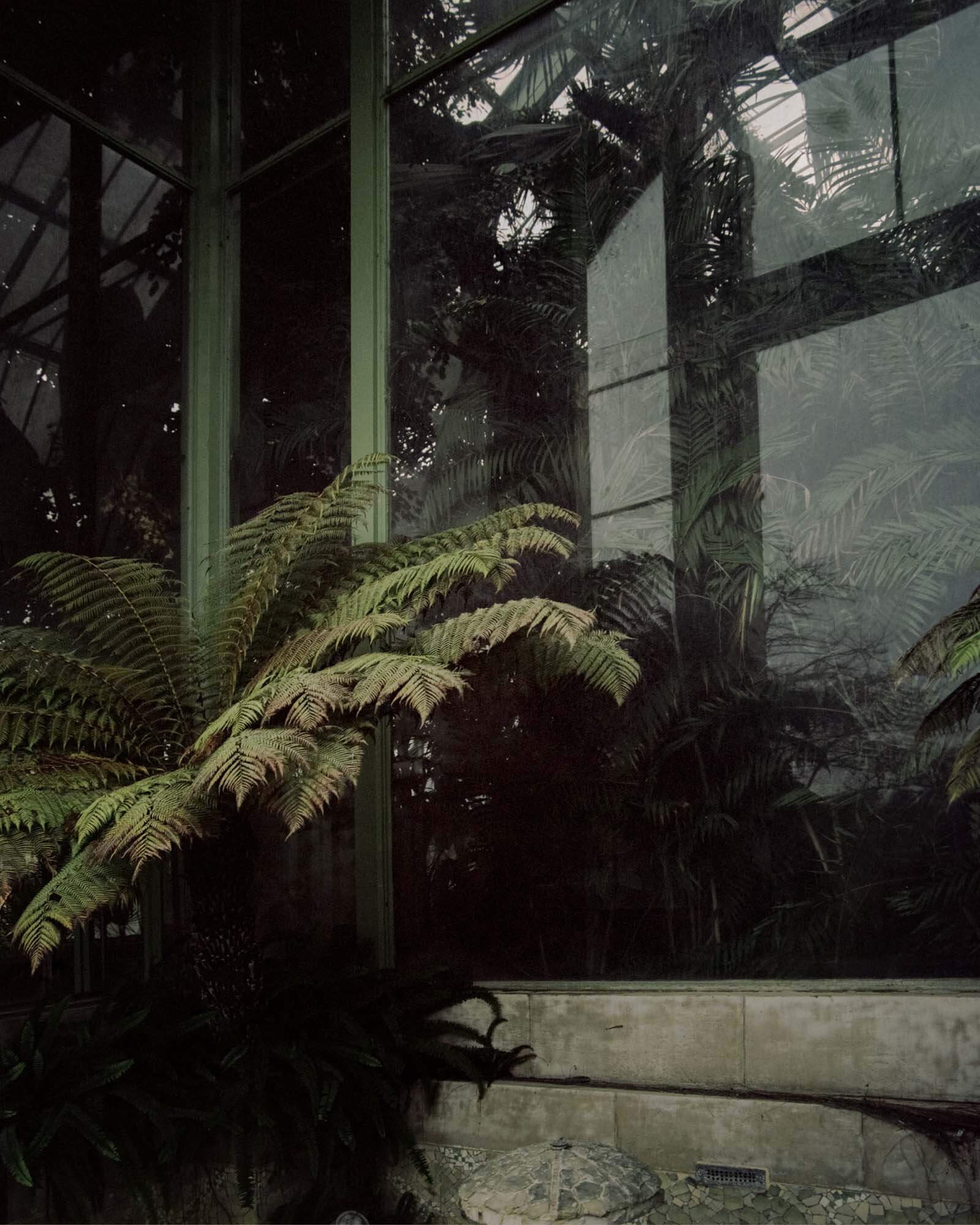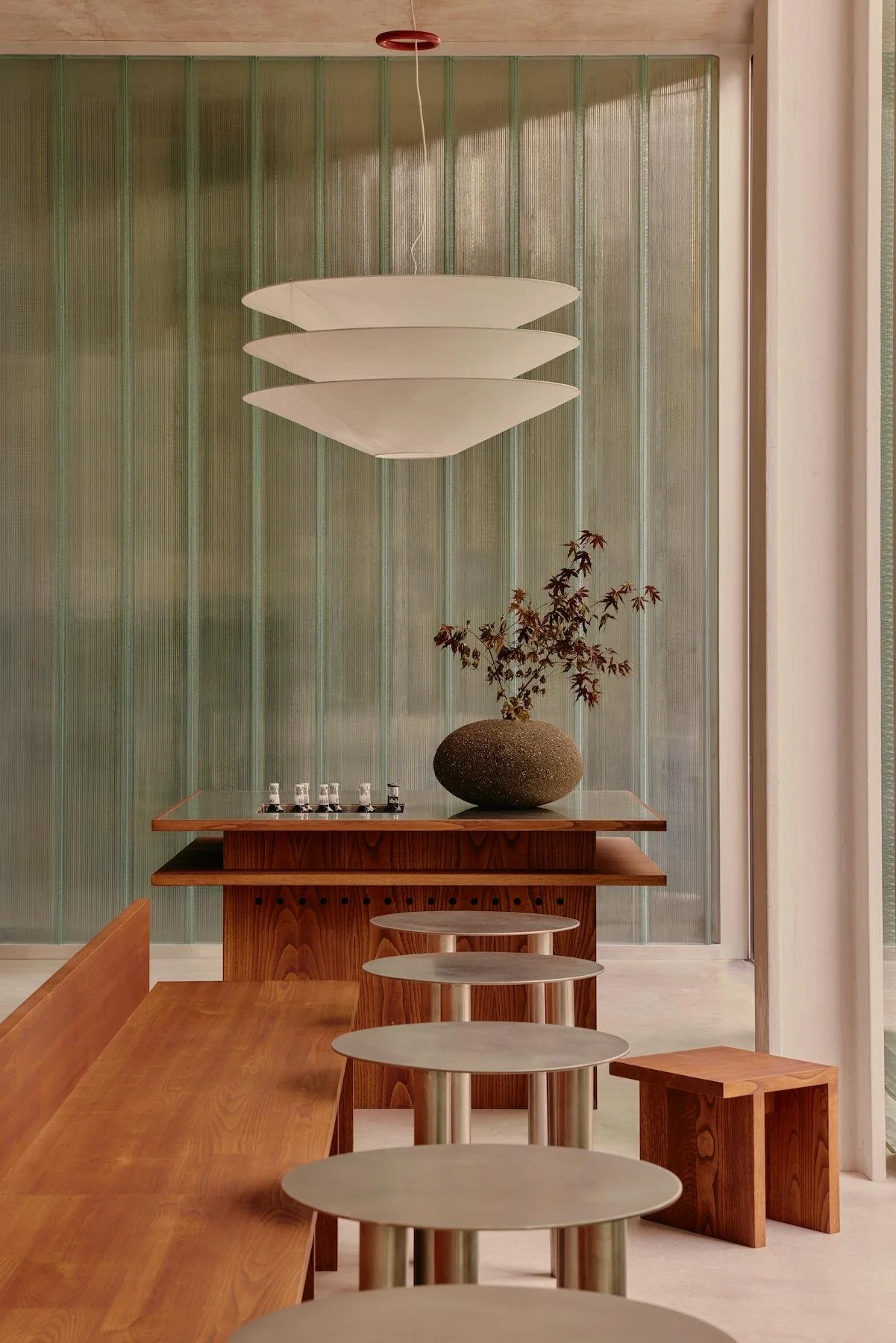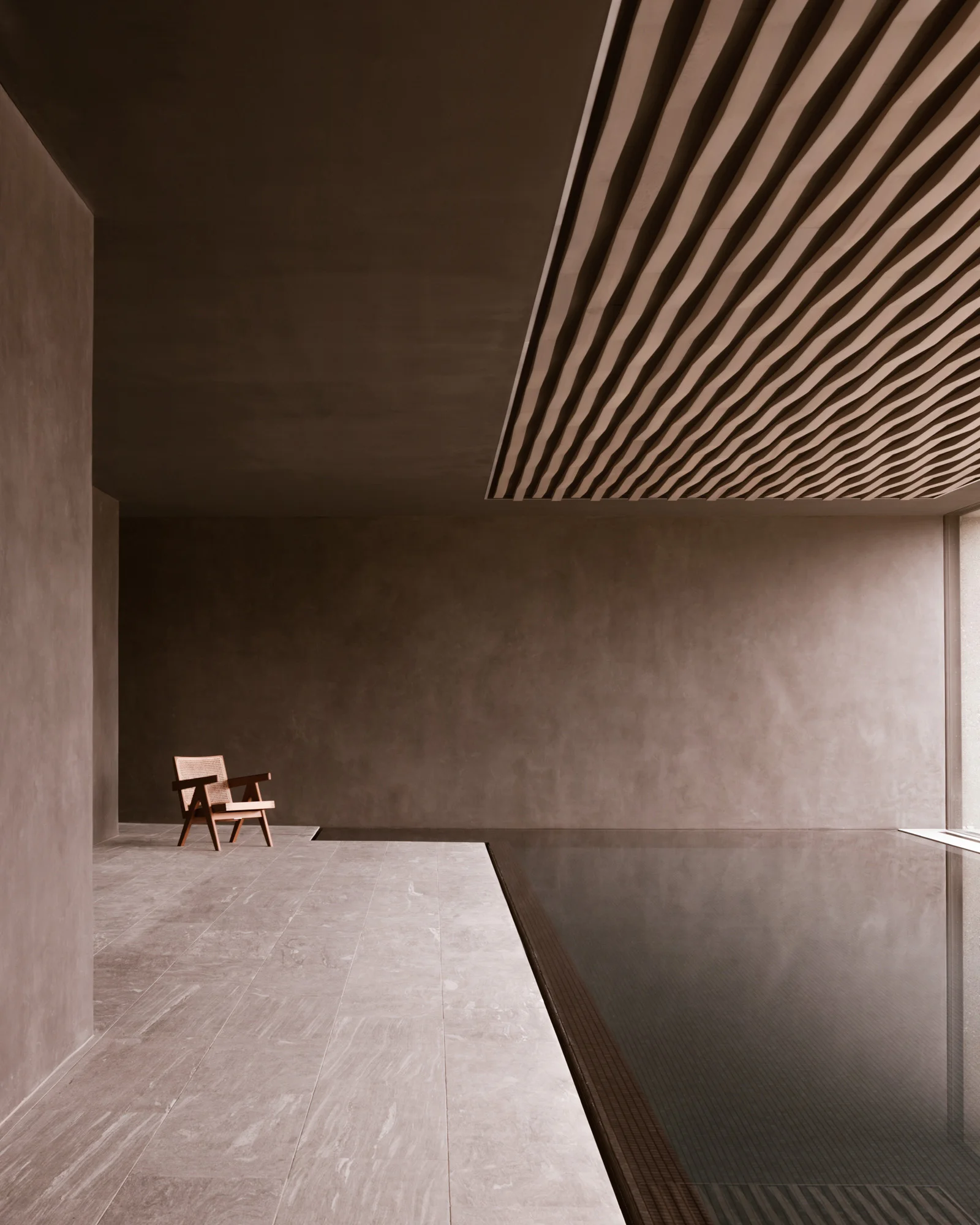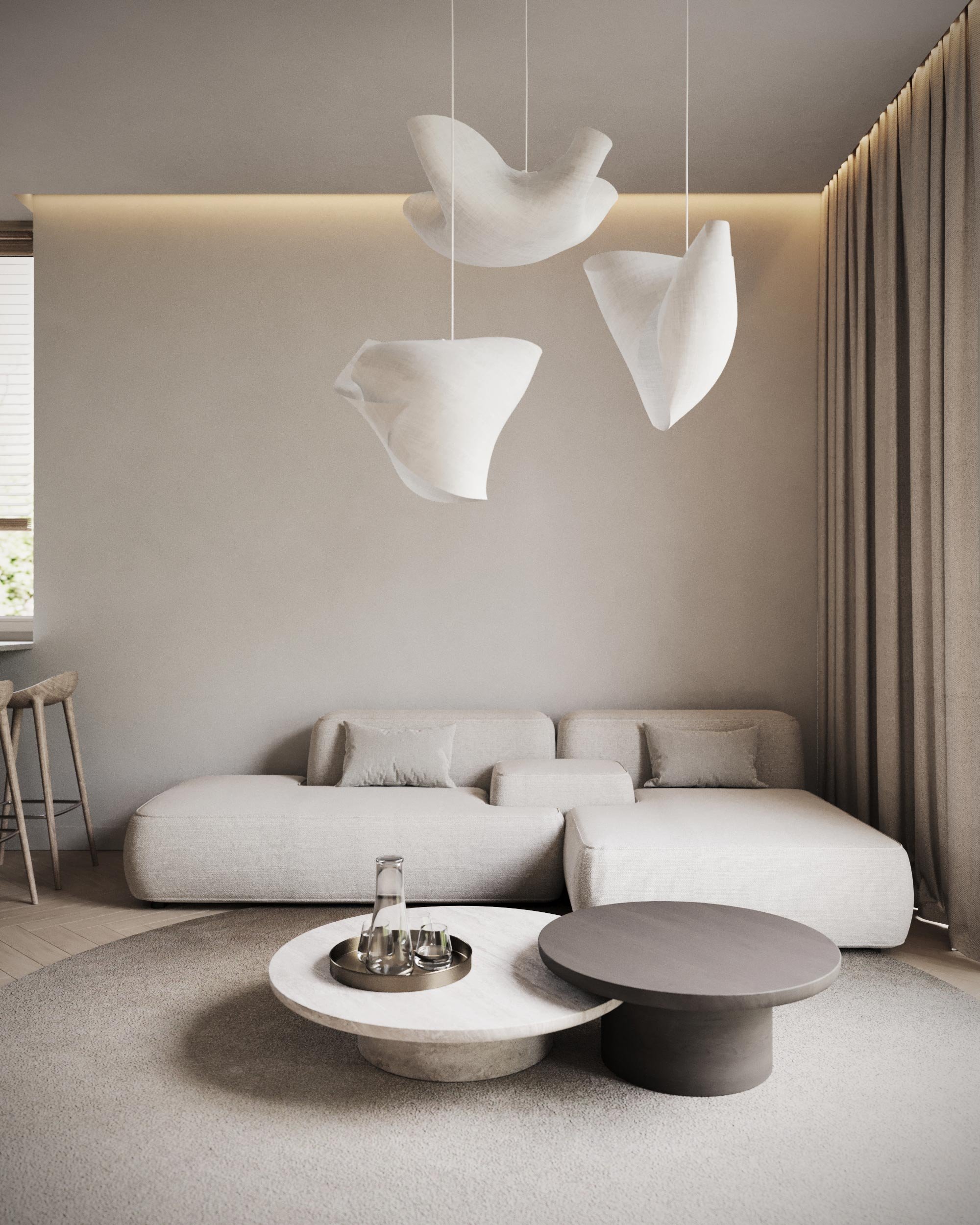Capturing Fragmented Spaces with Photographer Simone Bossi
Capturing Fragmented Spaces with Photographer Simone Bossi
Simone Bossi Frames his Feelings and Talks about this Freedom
Name:
Simone Bossi
Photography:
Simone Bossi
Words:
Caroline Meeusen
The Italian photographer Simone Bossi is based in Paris and Milan. Having first worked as an architect for five years, he devoted himself to photography fully, though his background and talent in architecture are still visible in his images. Simone studied architecture in Milan and Seville, but as a photographer, he is entirely self-taught. Working on both personal projects and commissions, Simone creates beautiful images radiating a certain calm and serenity. His photographs are “indeterminate fragmented,” revealing only a part of the space and herewith certain emotions. It’s an intimate process in which we recognize his architectural experience, but also his personal one. Simone Bossi talks about these experiences, freedom, and framing what he feels.
Visual Pleasure Magazine:
Did you always know you’d be a photographer and has it always been a part of your life?
Simone Bossi: To be honest, I am still trying to understand if I can consider myself a photographer and what this means. There aren’t specific visual art roots in my family. However my father was a builder and, [since I was] a little kid, I have always been fascinated by his intense relationship with the construction process and the strong identity of his building sites, [where] raw materials, tools sounds, changing weathers, dust smells, were patiently shaping a void, giving it a meaning day by day. To me, photography has always been perceived as a consequence of something else. My background in architecture certainly played an important role, but it is still unclear to me why I extremely feel a sort of need to relate myself with light and space in this way. At a certain moment, while I was taking some of my first images of empty space, I suddenly felt a sort of balance somehow. For the first time, the passage of time was much more intense and it started to be meaningful to me. Soon, I became more interested in the experience of physical space through time as a medium, even more than its direct results.
Can you tell me a bit about your architectural background?
I studied architecture in Milan and Seville and I had different long periods of work experience as an architect in some different countries, including Switzerland and the Netherlands before moving to London (and then Paris) to dedicate myself entirely to photography. As a young man looking to find his place in the world, I needed to travel in order to explore myself. Architecture was unconsciously a good excuse at that time (and it still is). All my experiences during my travels helped me to define my approach. Cities on my path and people I met were (and still are), crucial for my later self-taught exploration of the visual aesthetic.
What made you switch from architect to photographer?
I probably can’t talk specifically about a defined switch. In both roles, my interest has always been space, and the process was gradual and spontaneous. And I am still in [the process]—the more I investigate what I like and what I need, the more I am asked (by myself and by the others) to see it.
How does your architectural background influence your photography?
As I learned on my own, we do see only what we do know. My architectural background is surely important and, both consciously and unconsciously, acts on my eyes in the way I frame. However, it can be extremely rigid too and there are many other aspects and personal life experiences [I draw from]. I am interested to see how these personal fragments of life match each other to compose the idea behind an image.
What makes you take a picture of something? What draws you in?
This is quite hard to express by words from my side, but I guess it could be something close to a certain idea of subjectivity. I am lucky enough to consider myself free and I love to think that whoever is going to look at my work can feel a sort of freedom too. I try to frame what I feel more than what I see. I patiently wait for the moment when my sense of aesthetic matches a space, emotionally. I try to keep my images open enough, more as questions than answers, to make the viewer free to see what they want to see and let them proceed into the image in the way they feel by themselves. I am just trying to activate a process: sometimes little ordinary events can turn a place into a space, revealing something magic which is perceived differently by each of us; something very personal which I extremely respect and I don’t pretend to control.
What do you want your images to evoke?
Probably something intangible placed somewhere outside the frame in its white, undefined margins; something that does not need to be said, something that does not need to be limited to a photograph. I don’t know it yet, I am still trying, I’m still looking.
“ I try to frame what I feel more than what I see. I patiently wait for the moment when my sense of aesthetic matches a space, emotionally.”
What are the recurring themes in your photographs? And why do you choose those themes?
I do often feel the need to work on an image of space through its emptiness. To me, voids represent open, evolving scenarios where I am able to project something personal and let it flow spontaneously. Insistent eyes can unveil a sense of time and, if I am lucky enough, something happens inside—the introspective process is already started. Here, what before was perceived as absence, suddenly turns into a vague presence. On these moments, I like to think I am silently close to the essence of the space.
I seem to recognize a sense of calm and minimalism. Is that what you strive for?
I don’t think this can be considered a goal of mine. It is probably how the identity of a personal need becomes a visual form. It is only a consequence, I guess. One of the possible infinite ones, released by the relationship between humans and spaces, filtered by a photograph.
What inspires you in life and/or your work?
I am always surprised by how our imagination is able to process records, simple events, fragments of life, personal experiences, anything. The roots of inspiration can be found in moments of many years ago, in our past. But somehow, sometimes suddenly, when we are focusing on something else, they strongly come back into the present from the most remote parts of our mind, mixing in something which is personal and unique for each of us. That said, I know this is not the answer to your question, but if there are some inspirations sometimes, they probably come from somewhere here.
“I am lucky enough to consider myself free and I love to think that whoever is going to look at my work can feel a sort of freedom too”

